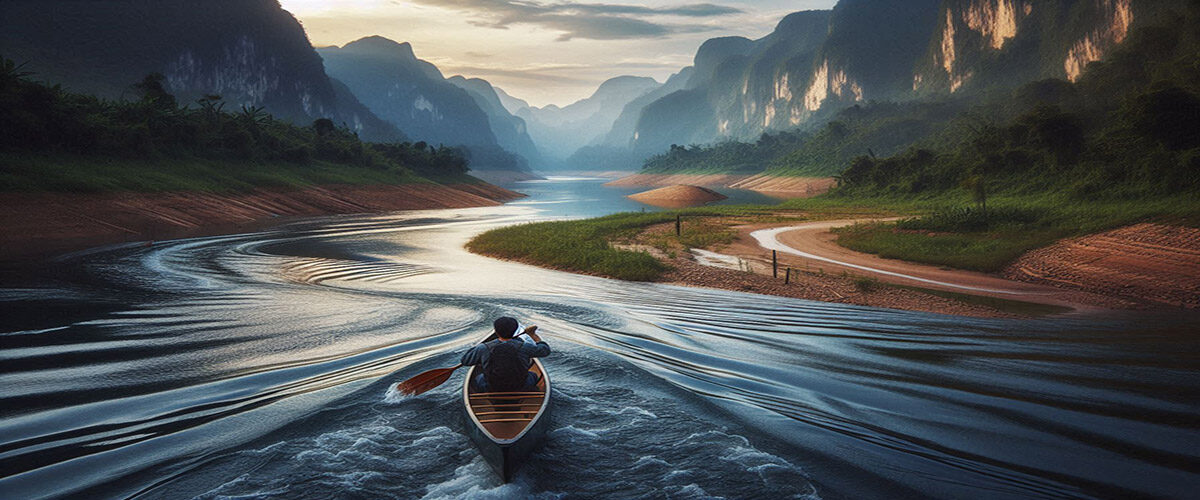Trump’s Unintended Consequence Number 666
For millennia, humans have been omnivores. In addition to consuming fruits and vegetables, humans have eaten animal products. The scarcity of animals in the food chain or religious inhibitions in some cultures have led to various forms of vegetarianism. At the end of the vegetarian spectrum is a vegan who does not consume animal products, including honey. On the other end of the spectrum is a flexitarian who primarily consumes a plant-based diet but occasionally consumes animal products.
Until now, Americans’ decision to consume animals has been a matter of choice. Grocery costs have increased since the Covid pandemic, but animal product prices have risen along with other grocery items. Except for episodic shortages, most Americans have had access to animal products. However, access to some animal products, particularly red meat (beef, lamb, and pork), may become unattainable on a regular basis. How can this be?

Many Americans lack direct experience with animal husbandry and farm life because they grew up in suburbia or urban America. When they go to the supermarket, they place a packaged animal product in their shopping cart without much thought. They might be upset because the cost has increased over the last month, but they still need the animal product. They never think about how the product got to the store.
The processing of animal products is a big, industrial-scale business. The cash receipts for animal products in America are around $250 billion annually. In 1860, 53% of Americans were agricultural workers. In 1940, 23% of Americans lived on a farm; by 1980, only 2.7% lived on farms. The decline in family-owned farms is the direct result of the industrialization of agriculture. Over time, agribusinesses acquired money from investors, bought farm land, acquired equipment, and hired employees to operate their businesses. Agribusiness managers went to college to learn how to hire employees, manage large budgets, know what fertilizer to buy, and acquire other valuable business skills. An essential skill in any business is to make a profit. In the long run, a successful business leader must have more revenue than expenses. Agribusiness is not different. It should not be surprising that agribusiness receives financial assistance from the government.
Agribusiness expenses are not insignificant. The cost of land, supplies, and equipment has continued to increase. However, historically, labor costs have been relatively low. Even when family farms dominated agriculture, most farm labor was provided by family members who were paid very little, if any. This is about to change.
The new mandate to rid America of immigrants who do not make a $5 million donation to the Donald J. Trump Fund will rapidly deplete America’s hidden, inexpensive agricultural laborers. Immigrant farm workers from all over the world are now getting a blunt text message from ICE that reads like this:
Notice of Termination of Parole
It is time for you to leave the United States.
You are currently here because the Department of Homeland Security paroled you into the United States for a limited period. Pursuant to 8 U.S.C. 1182(d)(5)(A) and C.F.R. 212 is now exercising its discretion to terminate your parole immediately.
Immigrant labor, often overlooked, is the backbone of agricultural labor in America. Most crop workers come from Mexico and other Latin American countries. However, the immigrant mix differs in the animal slaughtering and processing industries. While there are many Latin American workers in these industries, there are also many immigrant workers from Africa, Vietnam, and Myanmar.
The sloppy and dangerous rhetoric of the Trump administration lumps virtually all immigrants, whether documented or undocumented into the category of undesirable rapists and criminals. This emotional language reinforces prejudices against immigrants who, for the most part, left their home countries to seek a better life for themselves and their families. The choices of agricultural workers are very limited; the only jobs available are the worst, most dangerous jobs that native-born Americans will not accept.
The inevitable result of the drumbeat of Trump’s anti-immigrant messages and actions will be a rapid decline in the number of people who now labor in our fields and food processing plants.
The simple fact is that the labor these immigrants perform is the work that few native-born Americans would do for twice the amount the immigrants now do. Therefore, as ICE deports a sizeable number of America’s immigrant agricultural workers, agribusiness will be severely disrupted. There will be supply chain problems, as well as increased prices. Other agricultural supply chain problems, like the recent bird flu problem, will be minor in comparison. The ICE-caused labor shortages will hit the entire range of agribusinesses. Crops will not be planted, cultivated, and harvested as quickly and cheaply as they have been. Labor-intensive food processing activities will suffer a similar fate. Everyone will lose, including agribusiness (unless bailed out entirely by the Trump administration) and all American consumers.
In the end, we can expect all food costs to increase dramatically. However, the cost of meat should rise even higher. For many Americans, animal protein will become unaffordable, and they will become involuntary flexitarians. Are lower-income Trump voters ready for a mostly tofu and vegetable diet? Just so you know, I am not anti-vegetarian. Meals without animal protein can be delicious and nutritious.

This coming disaster for meat eaters did not need to happen. For every immigrant criminal, there are hundreds of valuable workers. This is what an immigrant from Haiti said to an AP reporter:
“We are not criminals. We’re not taking American jobs,” said Jean, whose work moving meat and other products doesn’t attract as many U.S.-born drivers as it once did.
He’s been making more money than he ever imagined. He’s discovered the joys of Bud Light, fishing and the Dallas Cowboys. When she’s not at one of her two food service jobs, his wife, Sherlie, works on her English by reading paperback romances, the covers awash in swooning women.
“We did everything that they required us to do, and now we’re being targeted.”
On April 8, 2025, this Haitian immigrant working in the Texas Panhandle was ordered to leave immediately. This type of governmental folly directly results from an administration that uses a chainsaw and a boot to correct problems instead of a scalpel and Christian decency.

